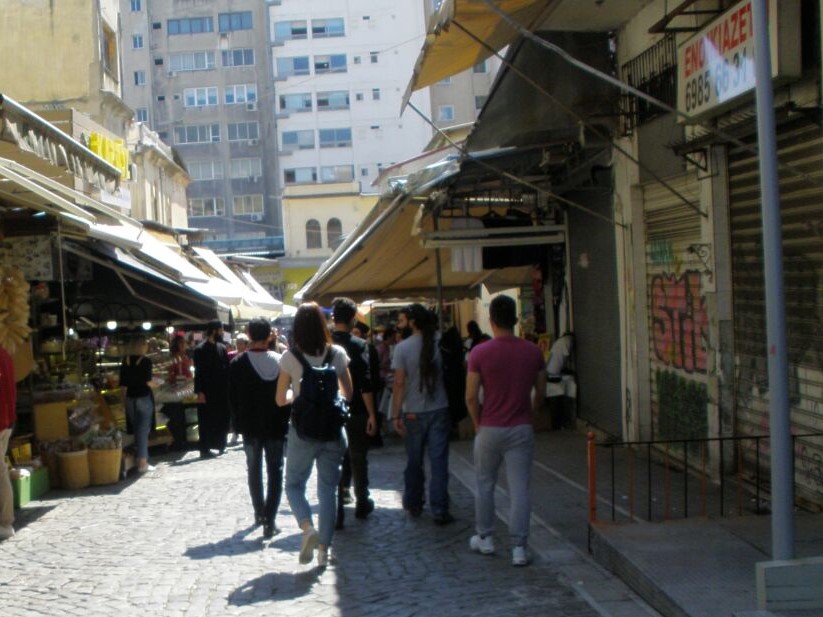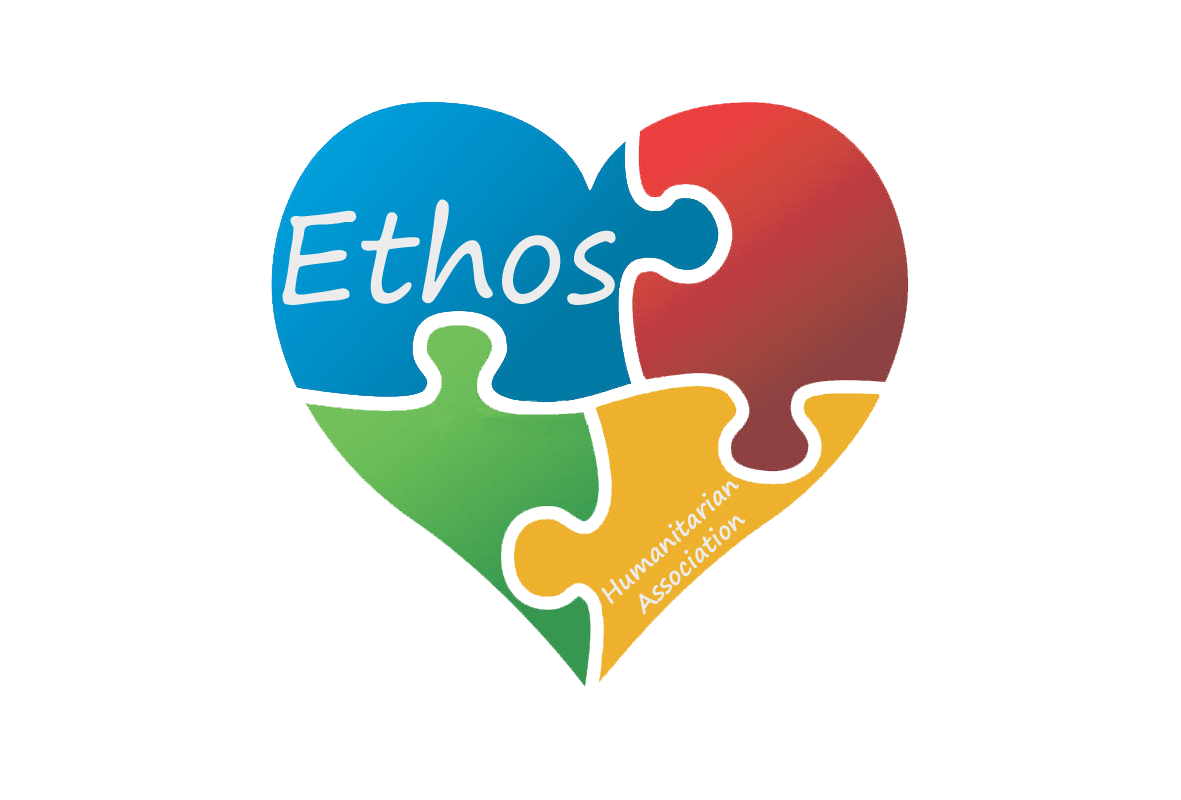Most teenagers are eagerly looking forward to turn 18, to celebrate and to have the opportunity to go to college and to gradually «become an adult» and build their own life. But some teenagers are not that happy to turn 18. Asylum-seeking children in Greece that travel alone, unaccompanied and separated children as they are often called (UASC), are not really looking forward to turn 18. All of a sudden, their lives change. They are no longer children, that are vulnerable and in great need of protection. They are now perceived as being capable of protecting and supporting themselves, no longer in need of special support and practically strong enough to find their way forward. Overnight! They are turning into adults, responsible for their actions and for their own survival. And here comes the big question: are they becoming less vulnerable by being a day older? Surely, the answer is no. In fact, the vulnerability of UASC who are turning 18 is actually increased, as they are no longer able to access protection services, education, or any other meaningful support that can give them shelter, food and help them face the real challenges of their life.
The economic and sexual exploitation
Around 3270 (EKKA, Jan 2018) unaccompanied minors are reported stranded in Greece, as the Balkan route to the Northern European countries is closed. As a result, Greece is now responsible for protecting these unaccompanied minors and so far has proven unable to provide proper protection to all these children. As a matter of fact, these children often find temporary shelters in protective custody inside police stations, in reception and identification centers and in camps and detention facilities on the Greek islands where they await transfer to a dedicated shelter or a safe-zone. Unfortunately shelters and safe-zones can accommodate only approximately one third of the unaccompanied children. This lack of capacity means that 2321 of them are on a waiting list, and this doesn’t even consider the ones who are hiding in the streets and never registered their arrival. As soon as they turn 18, they are simply no longer eligible for protection and they have to provide for themselves by any means possible.
NBC has recently published an article that describes the situation of some UASC who have turned 18 while being in Greece. According to the article, a 19-year-old boy, Khasim from Afghanistan, is now selling his body in Omonoia square in Athens for a price as low as 5 euros. Khasim believed, like many others, that Europe would offer protection, employment and future, but he has not found any of these. In reality Khasim, a former dentistry student, rarely makes more than 20 euros a day in return for sexual services. A number of youngsters like Khasim have resorted to prostitution, or survival sex as it is often called, since they find no other means to sustain themselves, no way to get a decent job and no access to social services that can shelter and protect them from selling their body on the streets.
While these children are stranded in Greece, without proper shelter and being forced to sell their body to survive, they are also trying to move further into Europe through the use of fake identities. Smugglers are now exploiting refugees by charging about 3-4.000 euros per passport, and the unaccompanied youth are desperately struggling to raise this money and get a fake identity that could open the gates of Europe. The money they need for a fake passport is simply a fortune to them as they are already unable to afford basic shelter and food. This way they become victims to all kind of criminals that will manipulate their hopes and dreams for a safe home.
Even if they do manage to travel clandestinely to another European country, most likely they will be returned to Greece. For this reason, many of these children end up in a vicious circle exploited by smugglers in the promise of a fake passport and eventually they are prostituted or missing – probably with their internal organs sold in the transplant black market. The sad reality for the children that manage to survive, is that they virtually have no opportunity for integrating in society and eventually they will end up being fearless criminals and smugglers, since these are the only structures that “supported” them when they ended up living in the streets.

Adulthood and then what?
For a child that has survived the most difficult experiences, from abuse, violence and forced displacement to prosecution, homelessness, detention and institutionalization, reaching the age of 18 is a very hard transition into adult life. Very few initiatives are currently in place to prevent homelessness and further risk of abuse for these young people, most of them are poorly funded and there is clearly a great and urgent need for more to be done on these issues. For these young adults to build a happy life in Greece, the daily struggle is very real and the social risk from our failure to help them integrate is quite big!
What is urgently needed, is to keep them safe and off the streets. But where do we start from with their real integration? Ethos, a local grassroots association in Greece has developed a project dedicated exactly to this!
